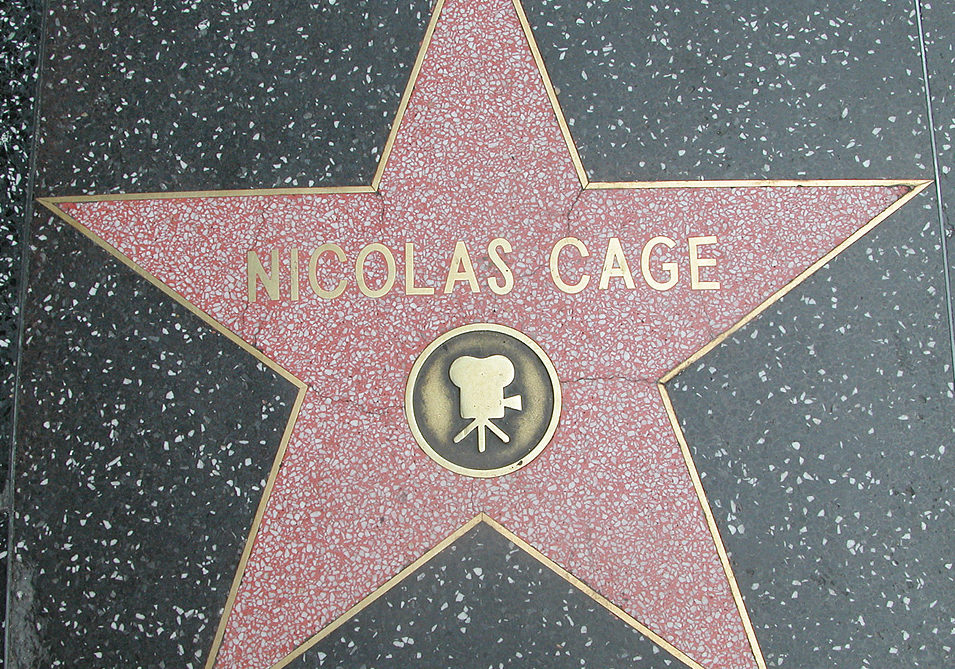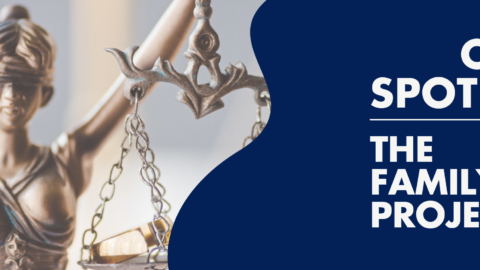 Nicolas Cage won’t be “Leaving Las Vegas” any time soon. He filed for an annulment from his fourth wife, Erika Koike, only four days after his Bellagio casino wedding, leaving Britney Spears with the record for celebrity shortest marriage. (In 2004, Spears filed for a Nevada annulment after only 55 hours of marriage to her childhood friend.)
Nicolas Cage won’t be “Leaving Las Vegas” any time soon. He filed for an annulment from his fourth wife, Erika Koike, only four days after his Bellagio casino wedding, leaving Britney Spears with the record for celebrity shortest marriage. (In 2004, Spears filed for a Nevada annulment after only 55 hours of marriage to her childhood friend.)
Cage’s annulment bombshell came not long after the London Daily Mail posted a video of Cage and Koike obtaining their marriage license. The video showed Cage saying “I’m not doing it!” and Koike responding “I never asked you to!” That “Face Off” ended in marriage only hours later. According to People Magazine, Cage requested the annulment because he was intoxicated at the time of the wedding ceremony and could not understand the long-term effects of his actions (the same reasoning behind Spears’ annulment).
The jurisdictional requirements and grounds for annulment in Nevada are lax compared to California. For jurisdiction, you either have to be a Nevada residence or you have to have gotten married in Nevada. The grounds for annulment include a simple “want of understanding” by either party, which includes being intoxicated.
However, in California, not only must you be a resident of the state, but the party seeking the annulment must allege one of the following grounds: incest, bigamy, minority (i.e. Petitioner was under age 18 and did not have parental/court consent), unsound mind, fraud, force, and physical incapacity. (Family Code §2200 et. seq.). The Petitioner must allege that one of these grounds existed at the time of the marriage. One benefit of an annulment is that the judgment is effective immediately; however, in California, the parties have to assign blame in an annulment action so the Petitioner is generally alleging the Respondent is at fault in some way. This means that attorneys’ fees and costs are available to the party “innocent” of the wrongdoing. (Family Code §2255). Furthermore, a finding of fraud against a party may be used in another court as evidence of lack of truthfulness or as a prior bad act (Federal Rules of Evidence §§608; 609) leading to unintended consequences such as having a fraud finding an annulment case being used against someone in their car accident personal injury case.
Cage may be a “National Treasure,” but he’s going to have to find a way to be less “Moonstruck” if he wants to avoid another failed marriage.
About the authors:
Sarah Van Voorhis and Ariel Sosna, both Certified Family Law Specialists, are founding partners of Van Voorhis & Sosna. Follow them on Twitter at @VanVoorhisSosna.

